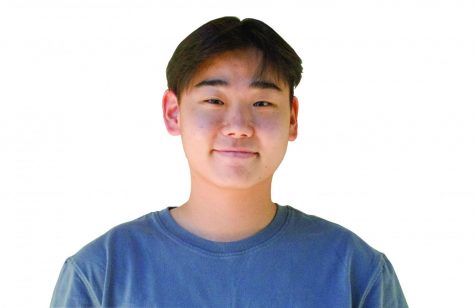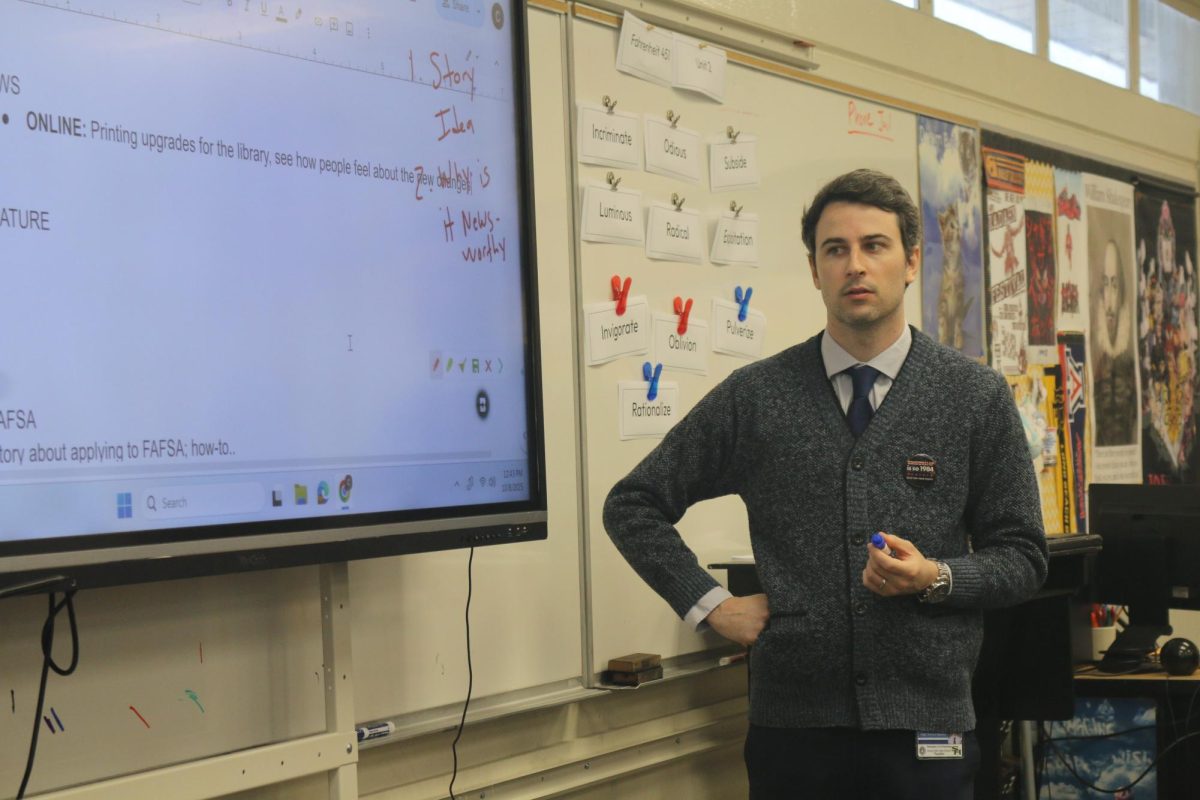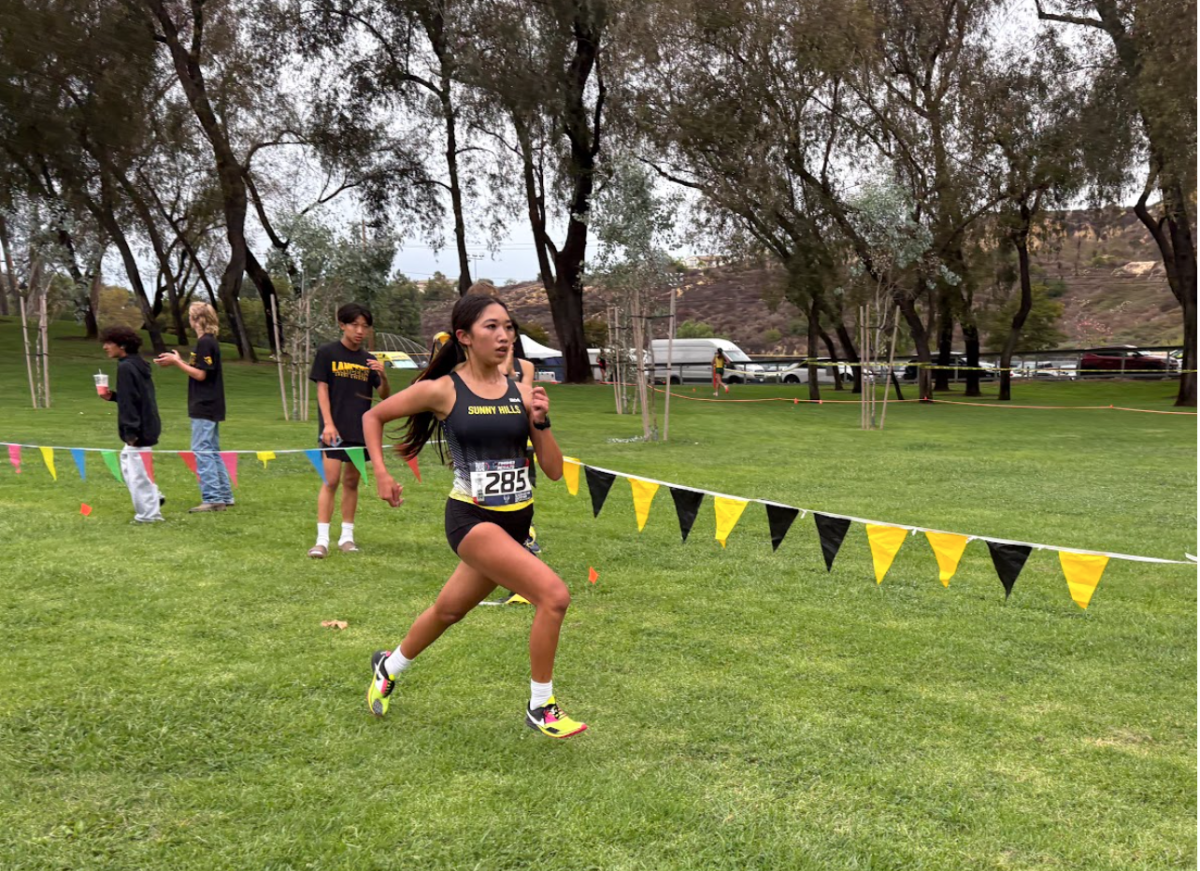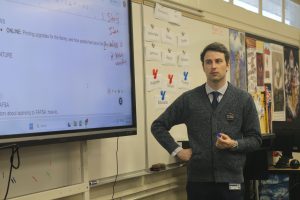Volunteering in political campaigns has been an invaluable experience
December 6, 2020
On the morning of June 7, I checked an email that my father had forwarded to me. The subject read, “David Ryu Campaign – Internships.”
I remembered hearing that name somewhere, but I wasn’t sure where, how or when.
When my father came home from work, he explained that he had talked with David Ryu, a Korean American Los Angeles City Council member, at a Korean American Chamber of Commerce Los Angeles dinner. With the city election in November, he was looking for high school interns who would directly work with the campaign and adult volunteers who would phonebank for his re-election campaign.
Now, I had no experience with helping a politician, but being stuck at home completing SAT books, I was willing to help my father’s associate and try politics.
Since June 7, I have been interning for Ryu’s re-election campaign and will continue to work for him until election day on Nov. 3.
When applying to be an intern, I was surprised at what the application was focusing on. Rather than asking about what made me different than the other candidates, it emphasized on commitment. In order to be a valid intern, a weekly requirement of six volunteer hours must be fulfilled. Once accepted, interns must sign an agreement form stating that “they shall not engage with any organization in competition with the campaign.”
Because of the pandemic, all activities related to the campaign were and still are communicated over Zoom. During the internship orientation meeting, Ryu did not show up due to his busy schedule, but instead, we went over the proper procedure of phone banking and roleplayed different situations.
Through this ongoing internship, I’ve been able to gain experience in phone banking, learn how to work with the advertising side of campaigns and reach out to strangers for volunteering opportunities.
My experience with phone banking, the process of volunteers calling voters about their campaign, was definitely the most memorable. Before I made any calls, I practiced several hours memorizing a script and educating myself in Ryu’s plans on certain areas that voters would be interested in such as reimagining public safety, homelessness, and protecting and empowering neighborhoods. When I started making calls, I didn’t realize the harsh treatment that was to come with the task.
Within my first couple of calls, I quickly learned that most people weren’t the nicest, especially to interns who were calling at 10 a.m. to talk about the upcoming city election.
“Hi, may I please speak to John Smith? Hi John, my name is Daniel and I’m talking to folks about Councilmember David Ryu who is -”
“It’s 10 in the morning on a Sunday. Don’t you have better things to do than to call strangers? Don’t call this number again.”
The reactions I received were so negative to the point where I lost motivation at times and wanted to quit. Rather than being confident in my phone calls, I would have to take a mental break after every call for a couple minutes and prepare myself for an anticipated, scornful response.
Seeing me discouraged from numerous rejections, my mentor and field organizer, Shannon Prior, explained that failure was part of the job and told me to stay positive. She changed my perspective on how I should have viewed the situation. Rather than resenting my failures, she told me that it was important to stay focused on learning from my mistakes such as stuttering and not being able to answer specific questions.
After several phone banking sessions, I eventually learned to come into these volunteer sessions confidently with an open mind and to focus on my successful attempts.
“Hello, is this John Doe? Hey John, I hope you’re having a great day so far. I’m talking to important voters like you about Councilmember David Ryu, who is running for reelection for Los Angeles City Council on November 3rd.”
“Oh yea, Mr. Ryu is a great guy, but I was wondering how he has been tackling the homeless problem that Los Angeles has been facing for decades now?”
“In just Mr. Ryu’s first term, he was able to provide more than 600 units of housing to tackle homelessness. Not only that, but he also stresses the importance of mental health of the homeless.”
Because of Ryu’s political campaign, I was able to learn how to phone bank in a professional manner, such as listening and answering any questions.
Through the internship, another thing that I was able to learn was how to advertise efficiently and effectively.
With the election being a city-wide event, a few other interns and I brainstormed alongside some campaign advisers. We decided that with the pandemic, we would need a different strategy than regular billboards for advertising. Rather than in-person advertising, we decided to take an online approach this year via emails and online advertisement posters.
Not only did this save us thousands of dollars that would have been spent on advertising, but it was also more efficient with most people being quarantined in their homes.
The other interns and I spent several hours compiling an informative and convincing letter to send to all of Ryu’s friends and supporters to remind them to vote for him on Nov. 3.
Although it has been several months since I have joined, I’m still learning something new every single meeting.
This experience has been very eye opening for me, but I wonder how much the experience would have differed if I were to have interned for a non-asian politician instead, which is something I can see myself doing in the future.












